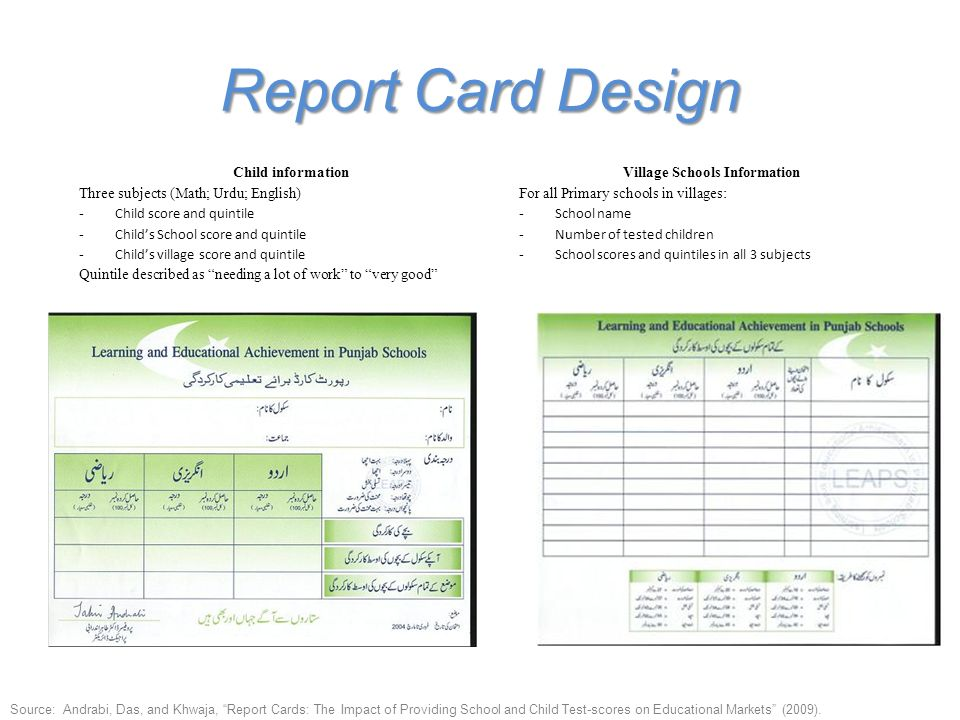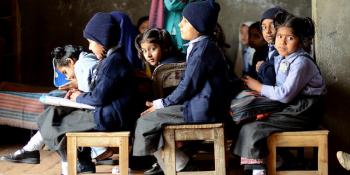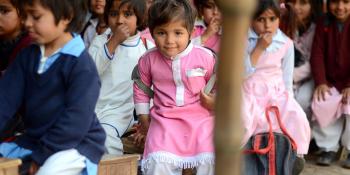Report Cards Study
Report Cards Study
Researchers around the world have shown that
providing information to citizens can improve
services for the poor, swiftly and at relatively low cost.
LEAPS put this idea to the test in Pakistan’s schools.
Researchers around the world have shown that
providing information to citizens can improve
services for the poor, swiftly and at relatively low cost.
LEAPS put this idea to the test in Pakistan’s schools.
Given that education in Pakistan is a dynamic marketplace in which parents (both urban and rural) choose between public and multiple private schools, information regarding the quality of education being offered by each of these institutions becomes key in allowing the ecosystem to function efficiently.
The power of information to improve learning
Better information could allow parents to choose schools based on their quality (and price) and in turn, schools could invest in quality enhancements knowing that they will be recognized and rewarded. Thus, information has the power to create a demand for quality from parents, to which schools respond. The demand for quality‐enhancing inputs by schools, in turn, can create a market for educational intermediaries.
To test this, the LEAPS team conducted a randomized controlled trial in 112 villages across Punjab province. We provided treatment village families with information about their child’s test scores compared to the average test scores of all the different schools in their village.
The Results
Learning improved
Treatment villages saw average student test scores increase by about 42% more than control villages.
Fees went down
Private schools lowered their fees by an average of 17% in treatment relative to control villages.
The worst schools were pushed out
The worst-performing schools were more likely to shut down in treatment villages, with their students shifting into alternative schooling options.
Current Work
Currently, the LEAPS team are examining the long‐term impact of information provision on educational markets, especially school and child impacts, over a ten‐year‐plus period. Since the children affected in the original intervention are now in their early‐to‐mid twenties, we will also be able to examine the impact of informational provision on the transition from schooling to early labor market experience.
Highlights
Sharing information with parents can bring about a surprising range of benefits, such as improving children's learning.








